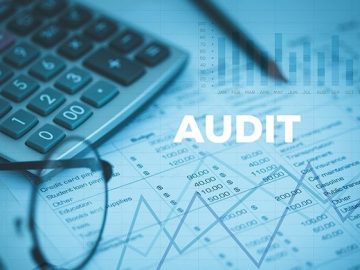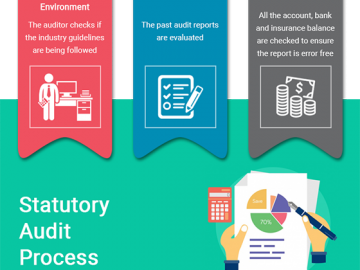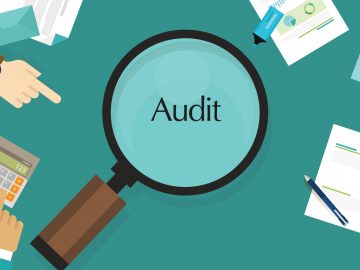
Private Company Valuation

Private company valuations are generally a bit arduous compared to public company valuations, where the company information is readily available. The publicly traded stock price on UAE local stock exchanges like DFM or ADX is multiplied with the company’s outstanding common shares, which gives the market capitalization of the company. On the other hand, as private companies are often not governed by more stringent regulations and reporting standards, their financial statements may lack disclosures ideally required by Audit Firms.
Financial Valuation, be it small business valuation, asset valuation or full enterprise valuation, remains an important part of business, for companies itself as well as the investors. It provides the necessary metrics to self-gauge progress, determine the true value of their asset base and help track their performance against industry peers. Be it a small business looking to expand and attract investors or large private companies contemplating raising debt or capital investment, the financial valuations determine the true worth of the company.
The most common valuation method used by Audit Firms in UAE is Comparable Company Analysis which works under the assumption that industry peers have similar financial multiples e.g. EBITDA multiple, EBIT multiple, Sales multiple, Levered Cash flow multiple etc. The research should cover the same local industry preferably as a direct competitor with similar asset size, age and growth pattern. Several other companies should be found and the average of their valuations e.g. Enterprise Value/EBITA is calculated as a multiple. This multiple when multiplied by EBITDA of Subject Company gives an estimated enterprise value of the firm.
The second common method used is Discounted Cash Flow which incorporates the target private company’s estimated future free cash flows based on available financial information and then discounts it on the weighted average cost of capital to determine the enterprise value. At times, different variations as well as combinations of the above methods may also be used for financial valuation.
It is easier said than done – depending upon the complexity of the private company business, the available information, the reliability of the information etc. Auditors need to evaluate these constraints closely and make both quantitative and sometimes qualitative valuation adjustments if needed. Additionally, recent transactions in the UAE industry such as recent acquisitions, mergers, or IPOs on local stock exchange can further provide Audit Firms with financial information that gives a far more indicative estimate of the target firm’s real worth. The end objective of the business evaluation may not only be to estimate the current worth but also strategize on unlocking potential value in the company and eventually build a unique proposition for potential investors. Hence for companies in UAE, be it a private corporate and a local SME, business valuation remains a core financial metric.
































